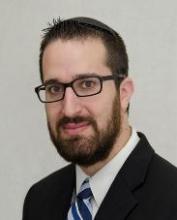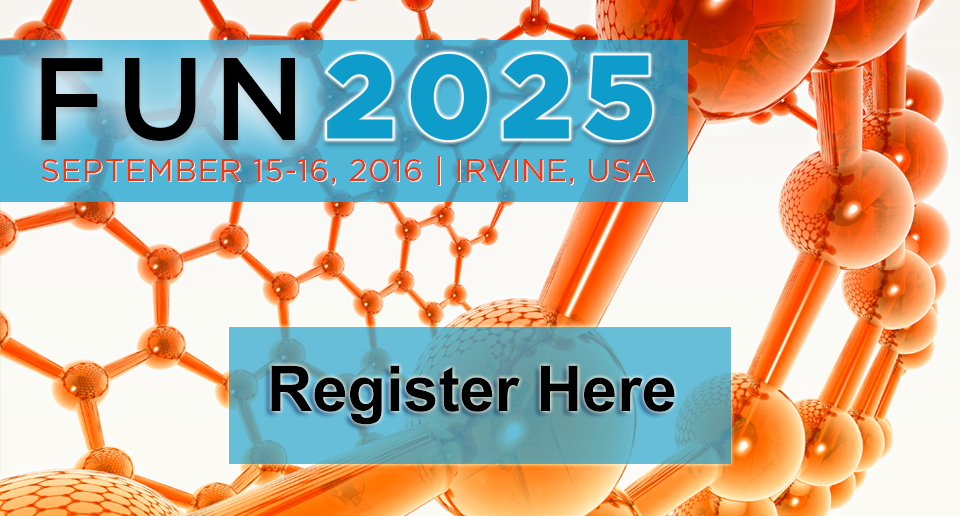
Dr. Brian Rosen received his Bachelors from the University of Delaware and his MS and PhD from the University of Illinois at Urbana-Champaign in Chemical Engineering. His doctoral work focused on low overpotential CO2 conversion to CO utilizing ionic liquid electrolytes. This work was published in 2011 in Science, and in 2013 in Nature Communications. Dr. Rosen has co-authored over 10 patents describing the use of this novel co-catalyst system, utilizing both an adsorbed ionic liquid layer and a metal nanoparticle electrode. This research has also brought about the creation of a start-up company Dioxide Materials (Champaign, IL, USA) whose goal is the development of CO2 electrolyzers that utilize this new chemistry. Dr. Rosen was named as U.S. Department of Energy Office of Science Graduate Fellow (DOE-SCGF) in 2010. Dr. Rosen was awarded both the Fulbright Postdoctoral Fellowship as well at the TAU Nanoscience and Nanotechnology Postdoctoral Fellowship. Dr. Rosen currently runs the Energy Materials Laboratory at Tel Aviv University with research interests in reforming and fuel cell catalyst design.





